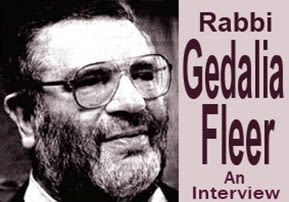
An Interview with Rabbi Gedalia Fleer
Interview with Rabbi Gedalia Fleer, the first person from the West to travel to Uman in recent years to visit the grave of...

There are moments in my life so terrific, where I feel so blessed, so loved by Hashem that my face hurts from smiling. I feel like running through the hills like Maria from ‘Sound of Music’ – all sunshine and simcha. To explain, recently Hashem gave me the gift of a really great rabbi to learn with, Rabbi Zvi Shapiro, who happens to be the second cousin of (born one minute apart in the same hospital in NY) a giant in the world of Breslev, Rabbi Gedaliah Fleer. Rabbi Fleer is visiting Atlanta this week and was generous enough to let me bend his ear with questions about Rabbi Nachman, Torah, and Rabbi Fleer’s life.
Rabbi Gedaliah Fleer is author of Healing in the Kabbalistic Tradition, Rabbi Nachman’s Fire, Rabbi Nachman’s Foundation: The Tikkun Haklali, and his autobiography, Against All Odds. He is one of the top experts in the world on Rabbi Nachman of Breslov, the history of the Breslov Chassidim, and courageously helped open the door to Rabbi Nachman’s grave in Uman amidst the intense religious oppression of the Soviet Union. He is a profound and respected Kabbalist, story teller, counselor, and lecturer who lives in Jerusalem.
Normally I record interviews so I make sure I get every word, like a nervous, fastidious court reporter. This time it was just me and my reporters notebook and a cruddy pen, so I’m paraphrasing what Rabbi Fleer shared with me. To paraphrase such a learned, supremely eloquent, and worldly Rabbi’s words- well, it’s the difference between shooting a bullet and throwing one. Rabbi Fleer’s off-the-cuff ruminations and insights, put straight to paper, word for word are publishable sans editing. So this recounting is like a Xerox copy of a photograph of a Monet. I highly recommending that you get close to the genuine article at the first opportunity.
Are Gentiles helpers in bringing Mashiach, in Tikkun Olam?
Well I would have to day give a resounding ‘yes’! The most profound place we can see this is Yetro. He was the High Priest of idolaters and then converted. There’s an interesting story in the Zohar – When Yetro came and said ‘For I know God is greater than all the other idols’- at that moment God’s name was glorified above and below. That’s gigantic. The Ten Commandments are given in Yetro. The giving of the Torah is in Yetro! You have to see that this is an awesome thing. We have to recognize God’s Kingship in the lowest places. The further a person is from God the more his recognition of the Creator is revealing.
How does Rabbi Nachman view Bnei Noach and converts?
Rabbi Nachman didn’t say much about Bnei Noach but what he does do- which is unusual in Chassidic thought- is that he was very much in favor of non-Jews who converted to Judaism. Not in a proselytizing way. But Rabbi Nachman wasn’t too hard on people who wanted this. In “Likutei Moharan” parts are devoted to a description of the time before the Time to Come, the time of Mashiach. Rabbi Nachman said that there will be many Gentiles who will embrace Judaism in that time.There was an entire village, not far from Uman, of Ukrainians whose priest embraced Judaism. The whole village converted. Can you imagine that? Old men were getting the brit and this was in a time when there was no local anesthesia! This was a huge deal.[For a recounting of this incredible story and to see more examples of the generosity that Breslovers have extended towards righteous converts follow this link. It’s from Rabbi Levi Bender’s Siach Sarfei Kodesh, translated by Rabbi David Sears. http://www.nachalnovea.com/breslovcenter/articles/article_converts.html]
He doesn’t talk about Bnei Noach so much. You must trace the history. We don’t proselytize. Some Talmudic commentary goes so far to say that we shouldn’t even encourage people to become Bnei Noach. Why? Because we shouldn’t put a stumbling block before non-Jews. They become Bnei Noach but then what? Then they could become an informed non-believer. An honest heathen is better than an informed non-believer. But you have to understand that historically they were in no position to do so (to encourage non-Jews). It was hard enough to do their own thing as Jews in that time.Being Bnei Noach means that you will be ethical, moral people. It shouldn’t become a substitution for Judaism. Not every nation is a kingdom of priests. In the Torah the words are ‘A Kingdom of Priests and a Holy Nation’. Not every nation is like that. When Jews go out into the secular world what happens? They change the world for the better. But then it boomerangs. When things go wrong they get blamed.Bnei Noach should turn people away from Hedonism, from idolatry. But keep it simple. I don’t see any point to creating ritual. That’s just my take on it.
Can Gentiles elevate their souls? Is there Torah that Gentiles shouldn’t learn or is it more a matter of the intention behind the learning? [Author- I am greatly summarizing a long and complex discussion of these issues to bottom line this for Bnei Noach.]
The bottom line is that anyone- Jew or non-Jew can elevate their soul. In the Zohar it talks about places in Gan Eden for righteous non-Jews. You can always rise to a higher level!In terms of teaching Torah, Jews may teach Gentiles any Torah that is translated into a language that the Gentile can just pick up and read.
AJ: I extend a gigantic thank you to Rabbi Fleer for speaking with me. It was an honor. God willing, next week I will share with you Rabbi Fleer’s thoughts on special people who have inspired him in his life. Thanks to A Simple Jew, Rabbi Kassorla, Rabbi Shapiro, and Rabbi David Sears for their help with this article.


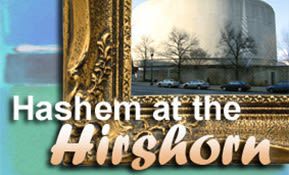
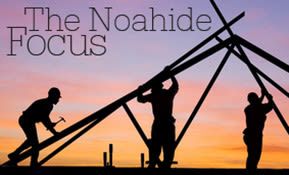
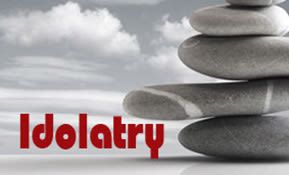
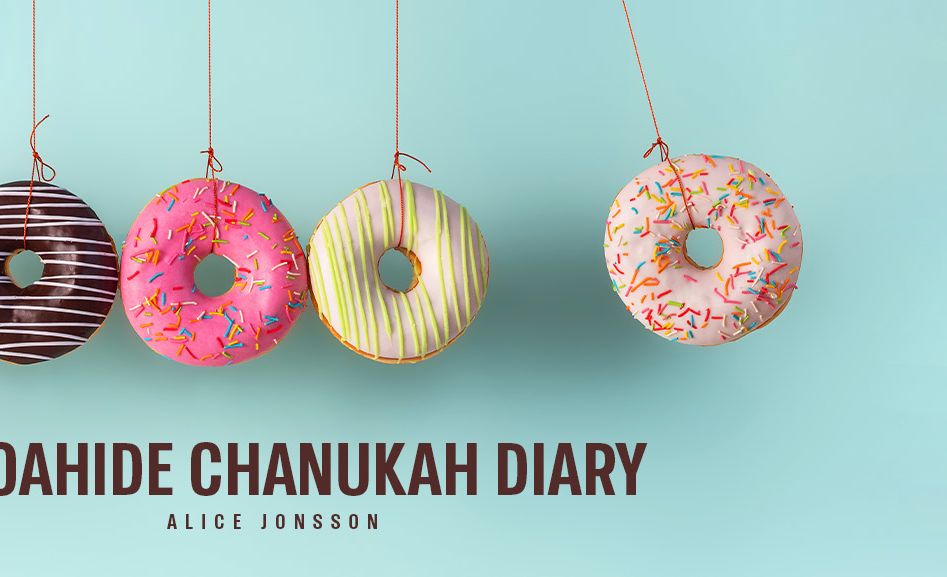
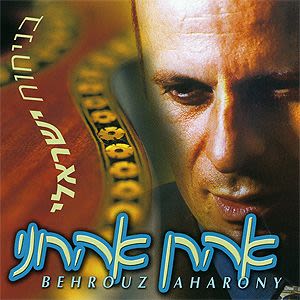
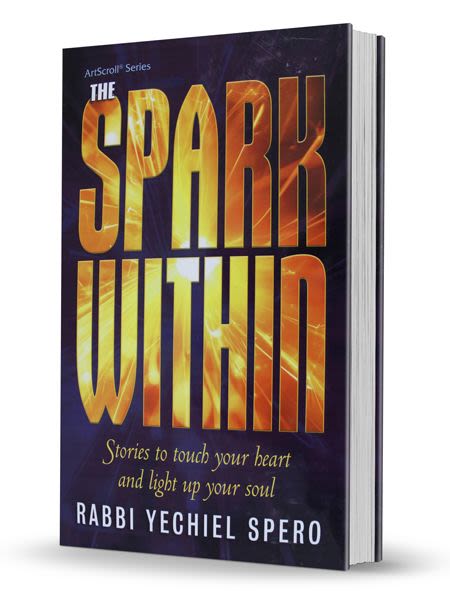
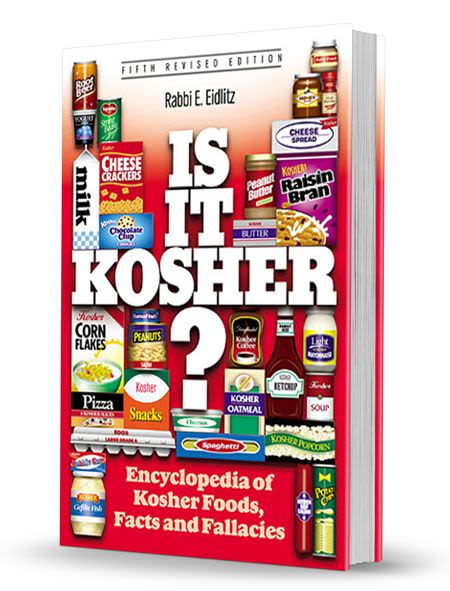
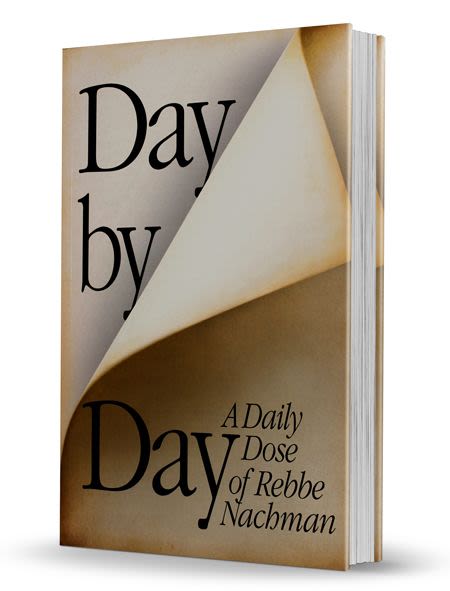
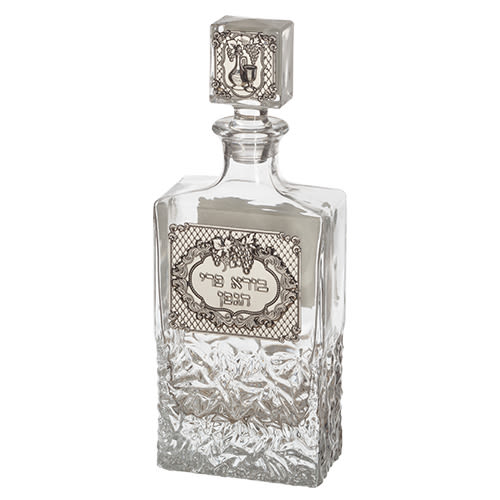
Tell us what you think!
Thank you for your comment!
It will be published after approval by the Editor.